Social Jet lag – when social time wreaks havoc with your inner time
We all have an inner clock. It’s responsible for setting the circadian time of all the various processes and functions within the body. This inner clock takes its cue from the sun clock, the natural progression of the sun(light) over the course of the day.
While the first two clocks are natural clocks, humans have invented a third clock, the social clock. We humans have divided the natural light-dark cycle into 24 equal chunks and call this a ‘day’. We have also created time zones, and we call the time zone we live in ‘local time’. Before the industrial revolution the three clocks were operating in harmony with each other. But with the advent of the railway and electrical light this changed. We now rely on devices on the wall or our wrists to tell us what time it is. In doing so we have decoupled ourselves from the natural sun clock – broken with nature. This results in a conflict between their internal circadian clock and the social clock. And that’s what’s behind the phenomenon called social jet lag.
Reminder: what is jet lag
We all are familiar with the term jet lag. Not only that, many will have had first-hand experience of its symptoms after rapidly crossing several time zones: feeling tired, grumpy and nauseous with a slightly upset tummy. Perhaps most annoyingly for those who need to immediately use their brain for work, we also struggle to concentrate and perform.
The reason for these symptoms is that you ask your bodies to act against nature and do something at the wrong biological (i.e. internal body) time. Once your internal circadian time has adapted to the new local (i.e. surrounding) time, the symptoms go away. Until you fly home again.

So what is social jet lag?
Social jet lag (SJL)is the difference between your natural sleep-wake cycle and the sleep-wake schedule you are forced to follow due to social and work obligations. It occurs when you go to bed and wake up later on weekends than you do on weekdays. For some people, it might be the other way round, they sleep longer during the week than on the week. Nevertheless, there’s still a difference in sleep times. And just like jet lag, SJL impacts your health and wellbeing. But while the effects of the former are temporary, the effects of the latter are often long-term. That is because your sleep times keep on changing. Research estimates that up to 40% of the population1experience SJL.
The mid-point of sleep
When you calculate the mid-point of each sleep episode, that is, for weeknights vs weekend nights, you will see that for many people these differ by at least an hour (or more even). People with more SJL tend to have a later midpoint of sleep on weekend nights. Typically they are late chronotypes too. But, that is not to say that early chronotypes do not experience SJL! Importantly, changes in sleep times cause changes in your exposure to darkness too.
Irregular sleep-wake times and the related changing light-darkness exposure lead to a circadian misalignment. What that means is that there’s a mismatch between your body’s internal clock and the external environment. But this is only one factor driving SJL. Many of us do not get enough sleep during the week and so we build up a sleep debt and become sleepier too. The weekend then provides the opportunity to pay back that debt and reduce sleepiness. In other words, the only chance to sleep more is by sleeping in on Saturday and Sunday morning.
What’s the cost of social jet lag to you and your life?
Even small variations in sleep times can have a detrimental effect on you acutely and over time.
When your internal clock is confused about what time it is outside because the signal it uses to assess time are missing or happening at random times, it fails to orchestrate your internal processes. Organs do their own thing when they think it is the right time in the absence of any clock signals. This then results in an internal misalignment of cardiovascular and metabolic functions, for example.
Lack of sleep also plays a role as I already mentioned. After a short night, levels of leptin and ghrelin are disrupted affecting your appetite (increased). The reward centre in the brain is also altered (temporarily) and rewards you more for calorie-dense foods. This leads to a shift in when and what you eat increasing the risk of weight gain and diabetes. Studies have shown that SJL is associated with an increased risk of cardiovascular diseases and metabolic dysfunction. But there are also links with depression, being a smoker, an increased alcohol and caffeine consumption, difficulty concentrating and thus a lower (cognitive) performance. Several potential mechanisms exists, and a recent study by Bermingham et al.2 has now added another pathway: your gut microbiome. Bermingham and her colleagues found that SJL is associated with a very specific gut microbiome composition including so-called “unfavourable” species. This might be a result of poor diet choices (see above) caused by … a mistimed and short sleep.
If you are experiencing social jet lag, there are a number of things you can do to reduce its effects:
For me, it all starts with healthy sleep habits. These are not rules set in stone, but behaviours you choose to implement to support your sleep.
- Find out what causes the difference in sleep times (weeknight vs weekend night)
- Can you do anything about this? Even small changes can make a positive difference. And not all lie-ins bring about doom-and-gloom.
- Prepare your body and mind for the night and sleep. Develop little signal or rituals.
- Have a regular exposure to natural daylight.
- Have regular meal-times and a healthy diet. Consider your alcohol and caffeine intake!
- Exercise and move during the day.
If you are wondering how to minimise your social jet lag, send me an email or book an initial call with me. Together we’ll work out what changes to make to improve your sleep and how you feel.
Warmly,
Dr Kat

References:
1Roenneberg et al., 2019: Chronotype and Social Jetlag: A (Self-) Critical Review. Biology, 8(54).
2Bermingham et al., 2023: Exploring the relationship between social jetlag with gut microbial composition, diet and cardiometabolic health, in the ZOE PREDICT 1 cohort. Eur J Nutrition.
